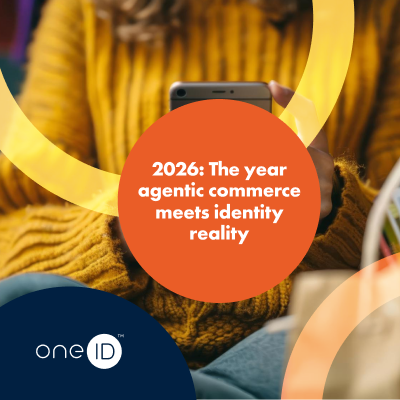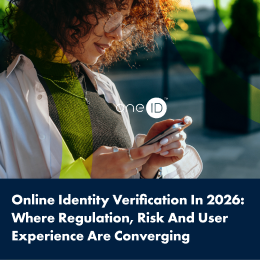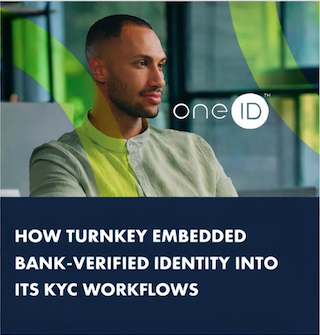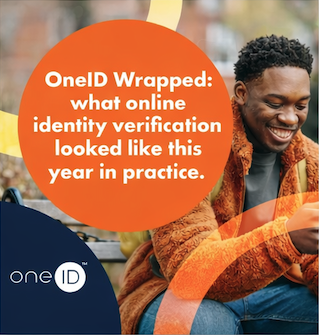OneID welcomes the renewed public interest in the topic of digital ID, triggered by the proposed national digital ID scheme. We offer our perspective here, grounded in what already works, what must be protected, and how we can build a robust future. The national conversation is important, but the case for digital ID needs to be won with buy-in rather than coercion. The role of government, and the boundaries of where it hands off to the private sector, need to be clear to avoid overreach and privacy concerns.
We believe digital ID is a foundation for the public good. It won’t solve every challenge on its own. Still, when designed with privacy and trust at its core, it enables a wide range of secure, inclusive services to be built on top — benefiting individuals, businesses, and society. Suppose the government proceeds with a “Government Digital ID” system. In that case, OneID is ready and willing to participate in a plural, interoperable ecosystem — accepting the new government-issued credential as one valid form of ID evidence among the many that we already use (e.g. ID document, international eID, bank account, telco account). Our priority is ensuring the system is built on principles of trust, choice, security, and leveraging existing capabilities rather than reinventing the wheel.
The government proposals make no mention of these existing capabilities; the government doesn’t have to start from scratch. The existing foundations can be built upon to minimise the cost of delivery and avoid duplicating existing elements.
The Open Data Institute, in its review of UK identity, describes how past proposals (Blair’s original ID card scheme) failed partly because they disrespected the messy, incremental nature of identity infrastructure in practice.
In short, the UK already has building blocks. Any national scheme must interoperate, not sweep them aside, and more importantly, not ignore the fact that there are already numerous digital ID services in the private sector that the government could mandate for Right to Work at no additional cost to the taxpayer. This could have the same effect on reducing illegal working, and do it far faster than developing a new ID. – The Home Office could change the RTW rules by Christmas to mandate employers to do digital RTW checks with existing services, with DVS reporting the number of checks by company back to the government to enable enforcement against non-compliant employers.
3) OneID® looks forward to accepting the Government Digital ID Card (if enacted) as another valid ID credential.
.
About OneID®
OneID® is the only UK Identity Service that uses bank-verified data to create absolute certainty between a business and its customers in a fast, simple, secure and truly digital way.
Along with bank-verified data, we also offer businesses the flexibility to choose from trusted data sources, like mobile network operators, government identity documents, and our own digital identity wallet—depending on the business and compliance needs they have to meet.
OneID®’s real-time verification solutions balance digital ease with the strongest counter-fraud measures. It seamlessly blends into the digital habits of today’s customers, enabling businesses to verify 98% of UK adults with minimal friction and maximum confidence.
In addition to identity verification, OneID® simplifies age verification, Direct Debit setup and customer and employee onboarding. By streamlining these processes, OneID® partners with businesses to implement key regulations like the Online Safety Act, reduce operational costs, improve customer engagement, and drive growth.
OneID® is certified under the UK government's Digital Identity and Attributes Trust Framework (DIATF), FCA-regulated, and a B Corp business committed to making the digital world safer. Headquartered in the UK, we’ve brought together experts in Digital Identity, Payments, Banking, Technology, and Government to help businesses build trust and security at scale.

Agentic commerce is already operating inside live retail, payments, and platform environments. For Partn...

Online identity verification entered a new phase in 2025. Across adult platforms, gambling, financial se...

Last month, we joined Turnkey for an industry event to talk about a challenge many regulated platforms a...

2025 has been a year of continued growth and real-world proof for OneID®. As expectations for identity a...